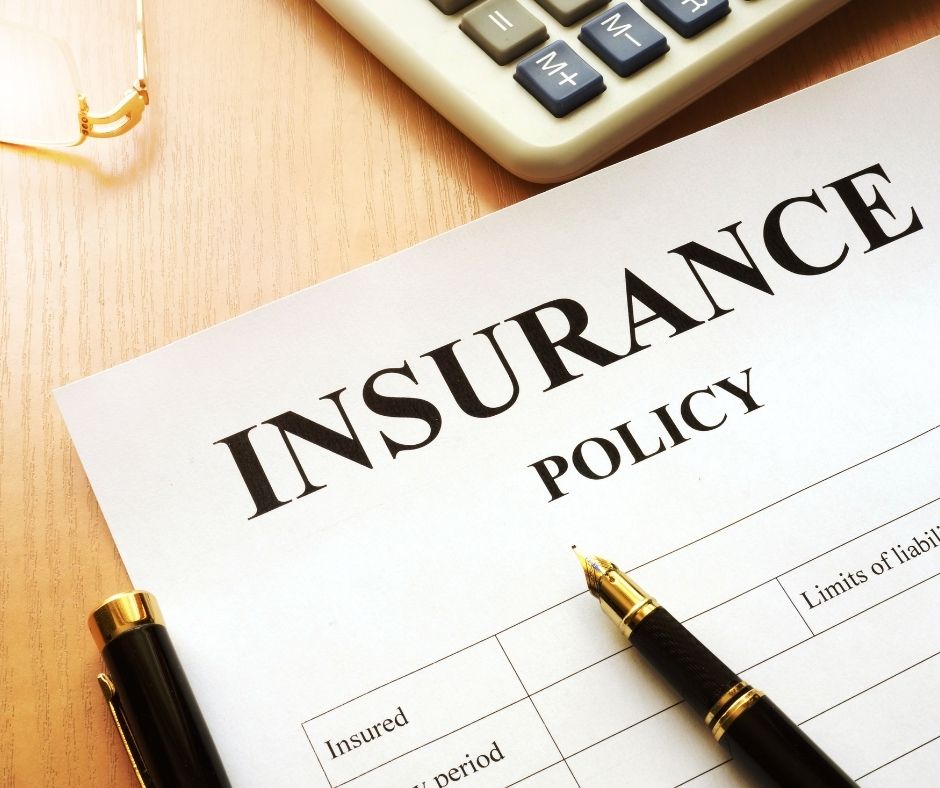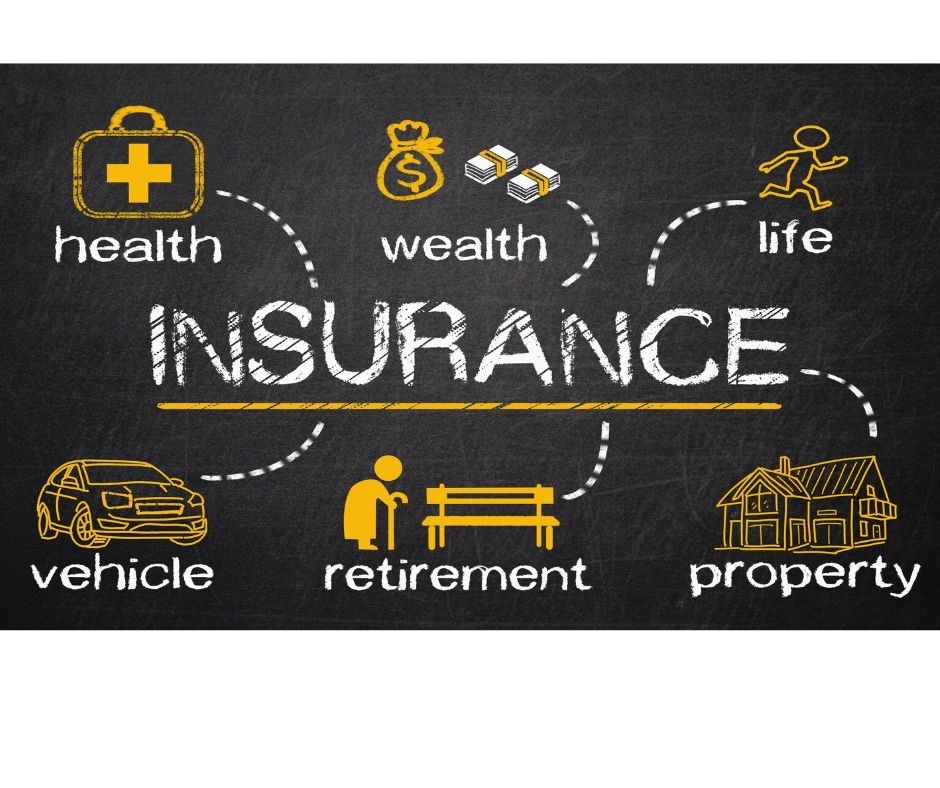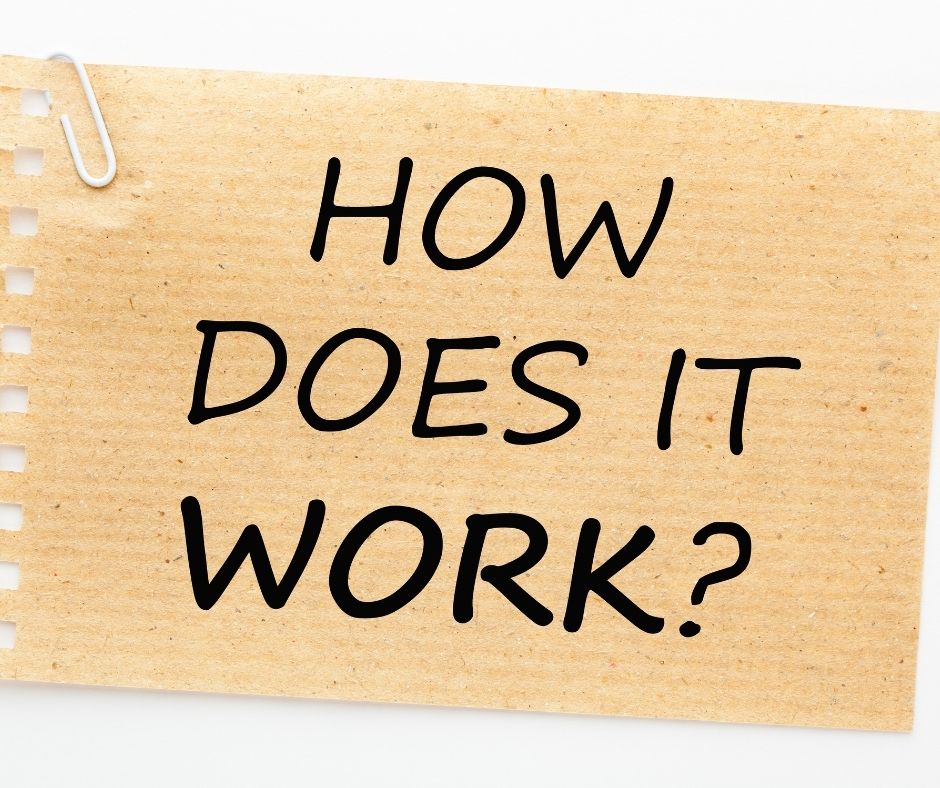typical final expenses
how much is a graveside funeral

These numbers do not include funeral costs for embalming in 2021, which average $683 or a casket that is $1,244. If you decide to use a funeral vehicle to take you to the grave, The average price is $318.
The second option that is the cheapest is direct burial, which is similar in principle to direct cremation. Direct burial's primary distinction is that the body is put into a standard casket and in the grave. A basic casket will be considerably less costly than a traditional casket. In addition, as with directly creating, you do not require traditional funeral services.
The cost of a funeral is between $7000 and $12,000. The viewing, burial, costs, transportation and embalming, caskets, and other services are all included in this cost. The cost for funerals with cremation ranges between $6,000 and $7,700. The costs don't include a memorial, cemetery marker, or things such as flowers.



